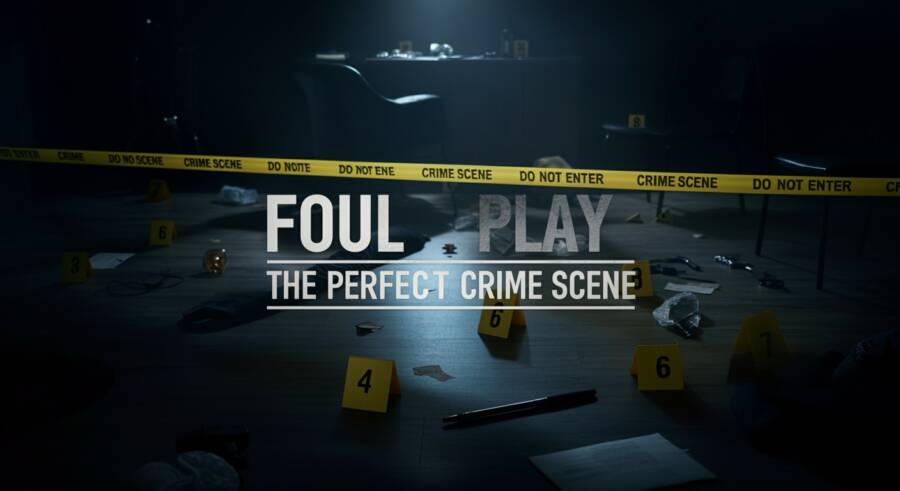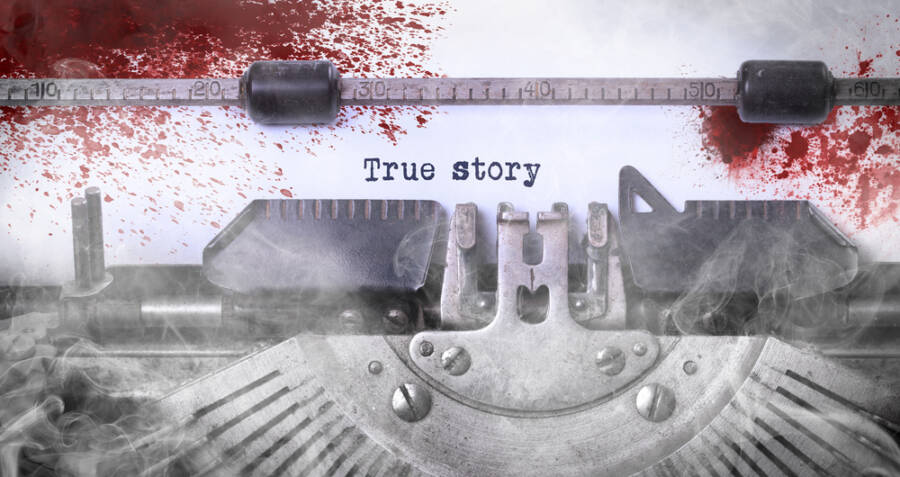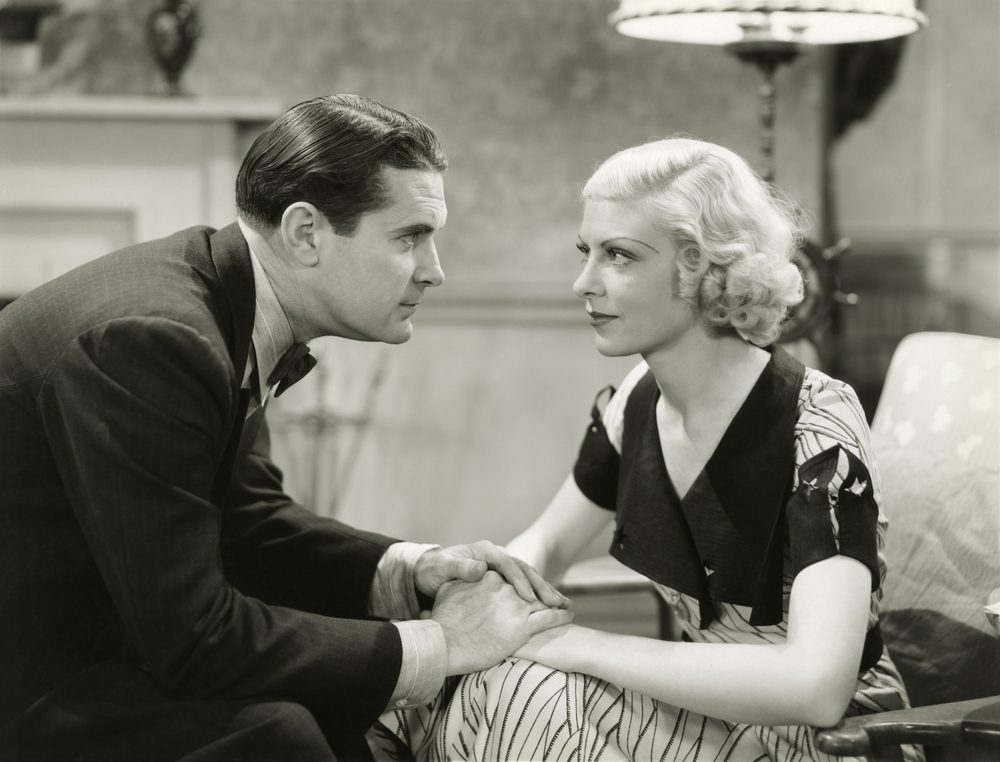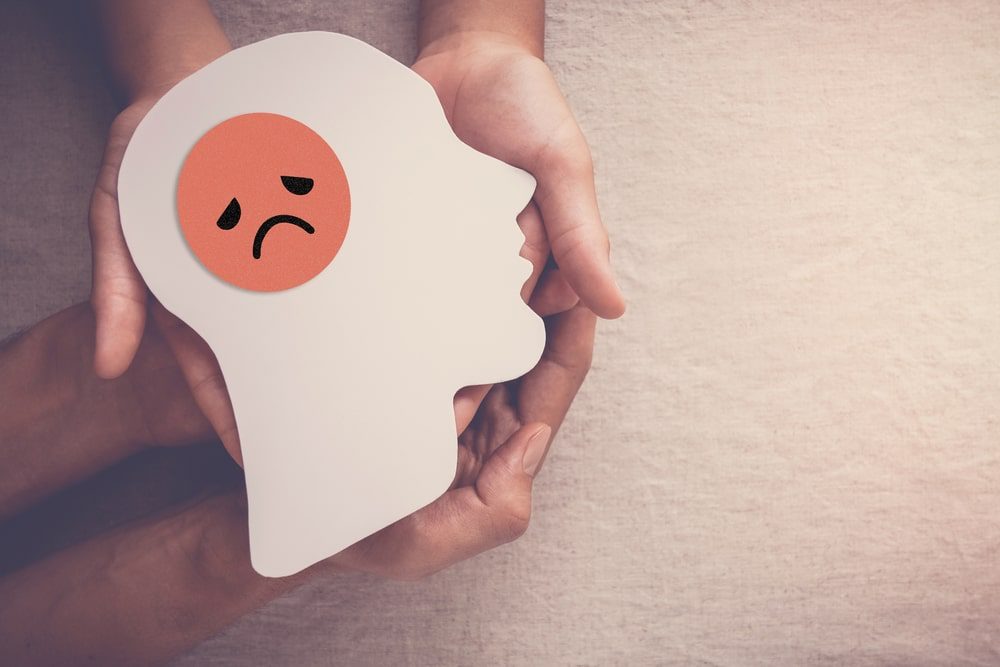Can there be a psychological reason you love true crime so much?
From sneaking in a late-night episode of “Unsolved Mysteries “as a kid to staying up-to-date with every true crime show on Netflix as an adult, you’re not alone if your true crime obsession has been a longtime guilty pleasure.
Suppose you do count yourself among the many who’ve binge-watched every true crime doc you can get your hands on and are always searching for a fascinating new true crime podcast.
In that case, you’ve probably asked yourself this question more than once: “Why am I so fascinated by true crime?” Well, it turns out that there are quite a few good reasons for this.
So, on that note, let’s explore the inner workings of our collective true crime obsession! From criminology experts to actual crime authors and podcast hosts, here are 7 things the pros have to say about the psychology behind true crime shows.

True crime shows can help us process and manage our own fears
A licensed clinical social worker from San Francisco believes that these shows are all about the hallmark elements of trauma:
A shattering of our sense of safety and, the violation of attachments to others, and a sense of powerlessness, which can raise emotions to the surface that usually feel cut off from processing or dissociated, but can be helpful for recovery in the proper context.
Likewise, author Kelly Sue DeConnick compares true crime to Neil Gaiman’s novel “Coraline,” which she notes is a frightening book that often terrifies adults, but children seem to adore it universally.
In a nutshell, she says kids already know dragons exist, but they also want the assurance that they can be defeated.
There may be an evolutionary benefit to true crime shows
An associate professor of psychology believes that people are interested in true crime because we’ve grown to pay attention to things that could potentially hurt us to avoid them better.
When asked about the Alex Murdaugh case, a research scientist at Aarhus University in Denmark told TIME magazine that humans are naturally built to be alert to potentially dangerous situations.
We’re curious about any threats around us. So anytime we get a hint that there might be information about danger out there, our minds sort of kick on and guide us toward that information.
True crime fascinates us because we’re trying to solve the mystery
Who doesn’t like puzzles? Well, true crime podcasts and shows get our brains running. By following an investigation, people can play detective and see if they can figure out the “whodunit” of it all before authorities catch the actual perpetrator.
A professor of forensic psychology says that most true crime stories in books and TV are offered as a puzzle that people can solve. That puzzle is a challenge for our brains, and figuring it out will give us closure.

Apparently, true crime helps us feel more prepared for potential danger
Studies of true crime have revealed that people tend to focus on threats to their well-being.
Others have noted that women, especially, seem to love true crime, and psychologists believe it’s because they’re getting tips about increasing their chances of survival if they find themselves in a tough spot.
Further studies discovered that women were more drawn than men to true crime series that contained tips on protecting themselves against an attacker, and they were more likely to be interested in series or books that included information about a killer’s motives.
Also worth noting is that they were more likely to select shows or books that had female victims. So overall, the characteristics that make these shows appealing to women are highly relevant in preventing or surviving a crime.
Apparently, by learning about murders, like how these crimes transpire, who the victims are, who’s more likely to be a murderer, and so on, people also learn about ways to prevent becoming victims themselves.
Watching, reading about, or listening to real crimes could be seen as a dress rehearsal, says a clinical professor of behavioral sciences and psychiatry.
And according to crime novelist Megan Abbott, men are 4 times more likely to be victims of homicide, yet women make up 70% of intimate partner homicide victims.
Furthermore, there’s also a belief that what draws women to true crime is an instinctual understanding that this is the world we live in, and these stories are where the concerns and challenges of their lives are taken seriously.
We can’t seem to look away from a “trainwreck”
If you stop to think about it, serial killers tantalize people, much like train wrecks, traffic accidents, or natural disasters. The public’s infatuation with them can be seen as a specific image of its more general fixation on misfortune and violence.
In other words, what a serial killer does may be horrible to see, but much of the public simply can’t look away because of the spectacle happening. The perpetrators of these crimes may serve an essential societal role, a true crime writer explains.
That crime is a part of civilization, not an anomalie but an integral part of our lives, is an idea that’s been advanced by various thinkers, including Freud and Plato.
So, if you were to believe these theories, then it would stand to reason that criminals can only fulfill their social role if the rest of the world knows about the horrible things they’ve committed and how they’ve been punished.
So what the public wants and needs is to hear the whole astonishing story.
We watch true crime because we’re glad we’re not the victim
Psychologists say that one of the main reasons we’re so obsessed with true crime is because it allows us to feel relieved that we’re not the target. Whenever you watch a show like this, you probably think: Thank god, that’s not me!
A significant factor in our true crime dependence is sort of like getting enjoyment from the trouble experienced by other people. It isn’t necessarily sadistic, but if something bad had to happen to someone, at least it wasn’t you, right?
There’s a sense of comfort in finding out that it didn’t happen to you. On the other hand, watching these types of shows also provides an opportunity to feel empathy. It allows us to feel compassion for the victim and sometimes compassion for the offender.
We all get angry at people, and many say, “I could kill them,” but not many act on that, thankfully. Yet when you see it on screen, you say, “Oh, someone killed someone; it wasn’t me, thank God!”
There’s that same sense of relief that we don’t act on our aggression and impulses… someone else did.

Does evil fascinate us?
This type of genre gives people a peek into the minds of those who have committed what forensic psychologists call a most fundamental taboo and also, perhaps, a most basic human impulse:”… murder.
In each case, there’s an examination to be made about the depravity of evil involved. This fixation with good versus evil has always been around.
A licensed clinical psychologist from Chicago says that our fascination begins when we’re young. Even as children, we’re attracted to the tension between good and evil, and true crime illustrates our fascination with that dynamic.
If, like us, you can’t get enough of true crime, you might want to check out: True Crime Storytime: 84 Unforgettable & Twisted True Crime Cases Throughout History That Haunted People for Decades
So what’s YOUR take on this subject? Please feel free to share your thoughts with our readers in the comments section below. And if you’re looking for more fascinating posts on how the mind works, stick with Psychology Diary!
For example, we highly recommend you also read: 8 Shocking Traits All Active Shooters Have in Common










I like to watch shows like Dateline to see how the crime is solved.